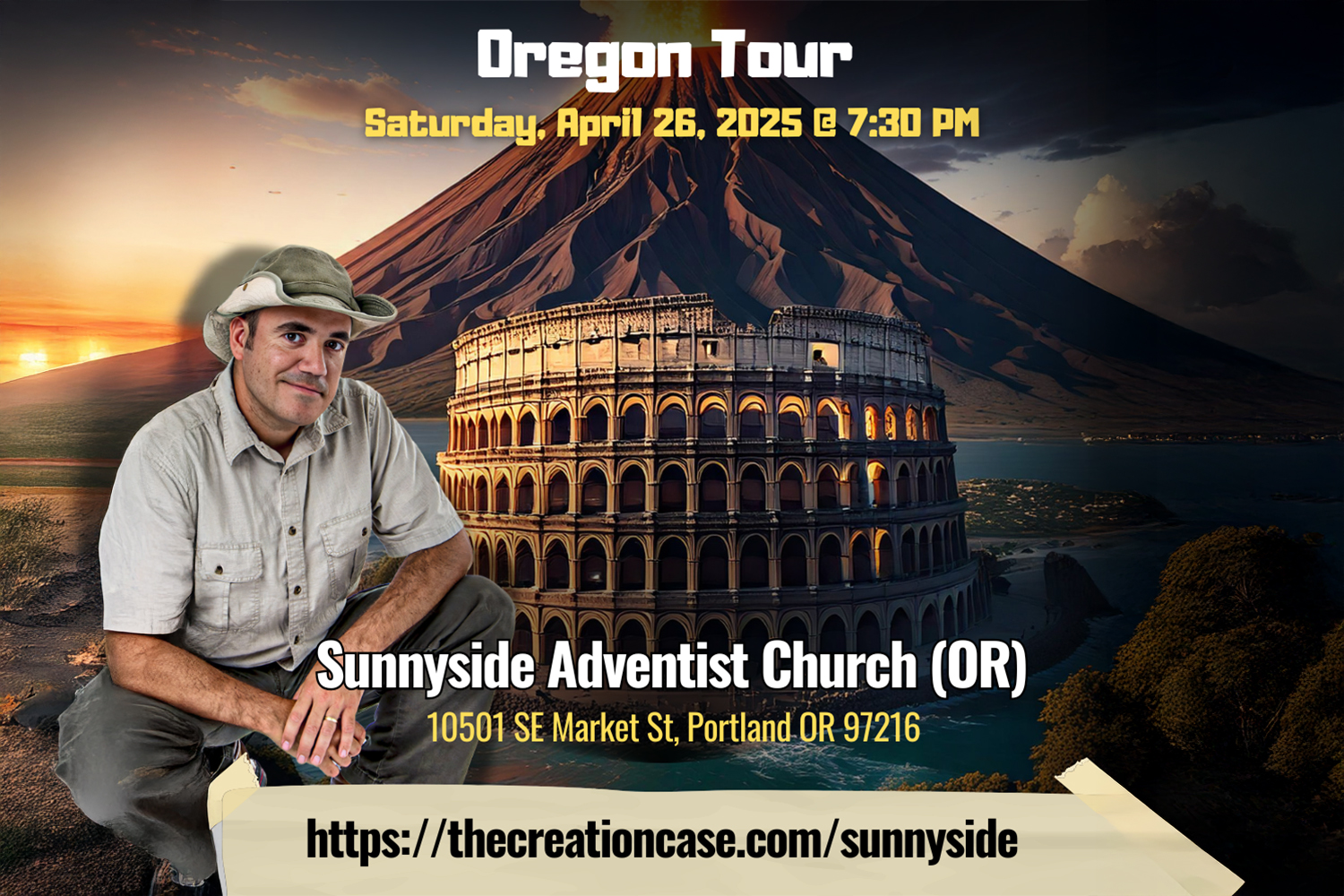Camp meeting has a rich history here in the Pacific Northwest. As one of the oldest traditions in the Seventh-day Adventist Church, camp meeting is a thread that unites every living generation of Adventists. Speaking with an older neighbor recently, whose childhood in Gladstone in the 1970s involved spending many beautiful summer days with thousands of gathered visitors at Gladstone Park, I was reminded of how closely many of my elders hold those warm camp meeting memories.
“Camp meeting” in the Pacific Northwest has changed a lot since the first Oregon Conference Camp Meeting was held in Salem in 1878. One article in The Portland Oregonian newspaper that year advertised it as an event of great interest to those participating in the Temperance Movement of the day. The article read:
“Those who are interested in the great work of temperance will be glad to learn that Mrs. E.G. White of Oakland, California, will be in Oregon and in attendance at the camp meeting of the Seventh-day Adventists, three miles north of Salem, where she will occupy part of the time speaking on temperance. As she is spoken of as one of the best temperance lecturers on this coast, those who attend are promised a rich treat. All are cordially invited to be present. Elder J.N. Loughborough, of the California Conference, will also be present and take part in the meeting. The meeting will commence June 27th and close July 2d. The cars will stop at the ground during the meeting.” – The Portland Oregonian, June 9, 1878
From a small gathering in a sparsely populated area in its early days, to a spectacular event hosting as many as 20,000 people, camp meeting has remained as a reliable yearly staple for fellowship, spiritual growth, and forever memories. The challenge, however, has always been balancing the beloved traditions with opportunities for each new generation to create their own beautiful experiences in ways they understand. While today’s conversations may be taking place around “the Baby Boomers” and “Millennials or “Generation X” and “Gen Z,” Seventh-day Adventists have been navigating this tension from our earliest days. Here’s what Oregon Conference President Francis W. Wernick told a reporter for the Oregon City Enterprise-Courier during camp meeting in 1969:
“‘In the early days camp meetings were marked by huge tents with sawdust floors. Leather-lunged orators held their audiences without the aid of electronic amplifiers. The people came in horse-drawn wagons, pitched their tents, and stayed for the entire encampment. Some, like those on the Washington side of the Columbia in the early 20th century, journeyed by boat on the Columbia, up the Willamette River, to a wooded spot in St. Johns where Oregon Adventists met. But now sawdust-floored tent has given way to hard wood-floored auditoriums. The leather lunged orator has stepped aside for the soft-voiced speaker and the public address system that often fails when needed most. The horse-drawn wagons have been replaced with campers, trailers or the self-contained vacation cruisers. Others live in cabins on the conference grounds or stay in nearby hotels and motels.’
Wernick says, ‘Some feel that much has been lost to all these modern gadgets and conveniences, but you have to admit these trailers and campers have a lot on their side when the weather is bad.’”
In his statement, Wernick displays the rare ability to empathize with both the nostalgic longing for what was and the value of new methods and an emerging culture. Change inevitably brings a feeling of loss for those whose fondest memories were created in years past, but change is also what gives each new generation the opportunity to find Jesus in their own unique context. The early Adventist pioneers understood this well – each leaving the faiths of their parents and grandparents for newly discovered biblical truth, and each spending the rest of their lives navigating a rapidly changing world as the United States emerged from Civil War, transitioned to using automobiles, and wrestled through massive cultural and social changes in the United States.
Our past few years have been years of accelerated change as we faced turmoil and cultural change of our own––holding online camp meeting amidst the COVID-19 pandemic, intentionally developing intercultural and intergenerational programs, and, in many places around the Oregon Conference, rekindling deeper connections with our local communities. No one today can predict what the camp meetings of the next decades may bring, but we can rest assured that the pillar principals of loving our God, loving each other, and loving our neighbors will be the building blocks of whatever comes next.
As Orvis Brahman, manager of the Washington Book and Bible house in 1964 shared as camp meeting came to a close, “Camp meeting is over, but not the memories, the blessings, and the victories. Somehow, we are reluctant to see the good things in life come to an end, but since they do, then we may know that something even better is ahead for us, and camp meeting is only a means to that end––heaven.”
We hope you’ll join us this year to reflect on what was, hope for what is, and create lifelong bonds together at Gladstone Camp Meeting 2023, July 18-22. Keep an eye out for more information and announcements in the coming months!
Click on any of the photos below to open a gallery of larger images...




















